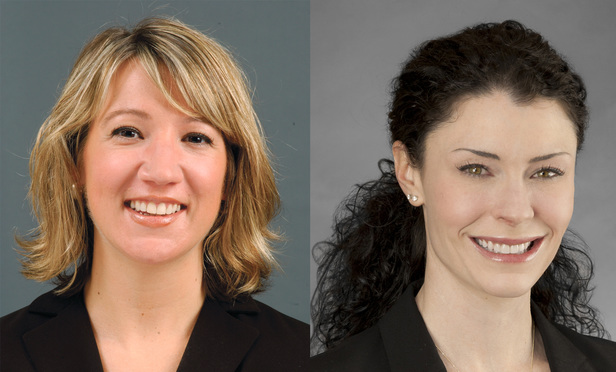A lawyer’s primary function is to be an advocate. Although we are to practice as “competent” advocates under the California State Bar Rules of Professional Conduct, “zealous” advocacy is the cornerstone of our fiduciary profession, mandating that our client’s interests are above our own. We should also understand, however, that advocacy can breed acrimony, and lawyers can become targets of vengeful tort claims by non-clients caught in the crosshairs of litigation. Several statutory safeguards exist to protect against these types of retaliatory lawsuits, providing us relatively wide latitude to practice with zeal, but the safeguards should not be worn like battle-ready suits of armor. They are not impenetrable.
The anti-SLAPP statute provides the most sweeping protection, imposing an initial burden on the plaintiff to establish a probability of prevailing if any claim arises from petitioning activity. (Civ.Code §425.16). Qualifying conspiracy claims alleging the attorney conspired with the client are subject to similar treatment. (Civ.Code §1710). Indeed, under the common law agent’s immunity rule from which the conspiracy statute originates, an agent (the lawyer) cannot be liable for conspiring with the principal (the client). Both statutes have similar objectives: to put a swift end to meritless lawsuits that are designed to disrupt the attorney/client relationship and our ability to do our jobs competently. (See, Stueve v. Kahn (2013) 271 F.3d 1184, 329; Wilcox v. Superior Court (1994) 27 Cal.App.4th 809, 815, fn. 2). The litigation privilege adds another layer of protection (except in malicious prosecution cases) providing absolute immunity from tort liability when the alleged communications have “some relation” to judicial proceedings. (Civ. Code § 47(b)). ( Rubin v. Green (1993) 4 Cal.4th 1187, 1194).



